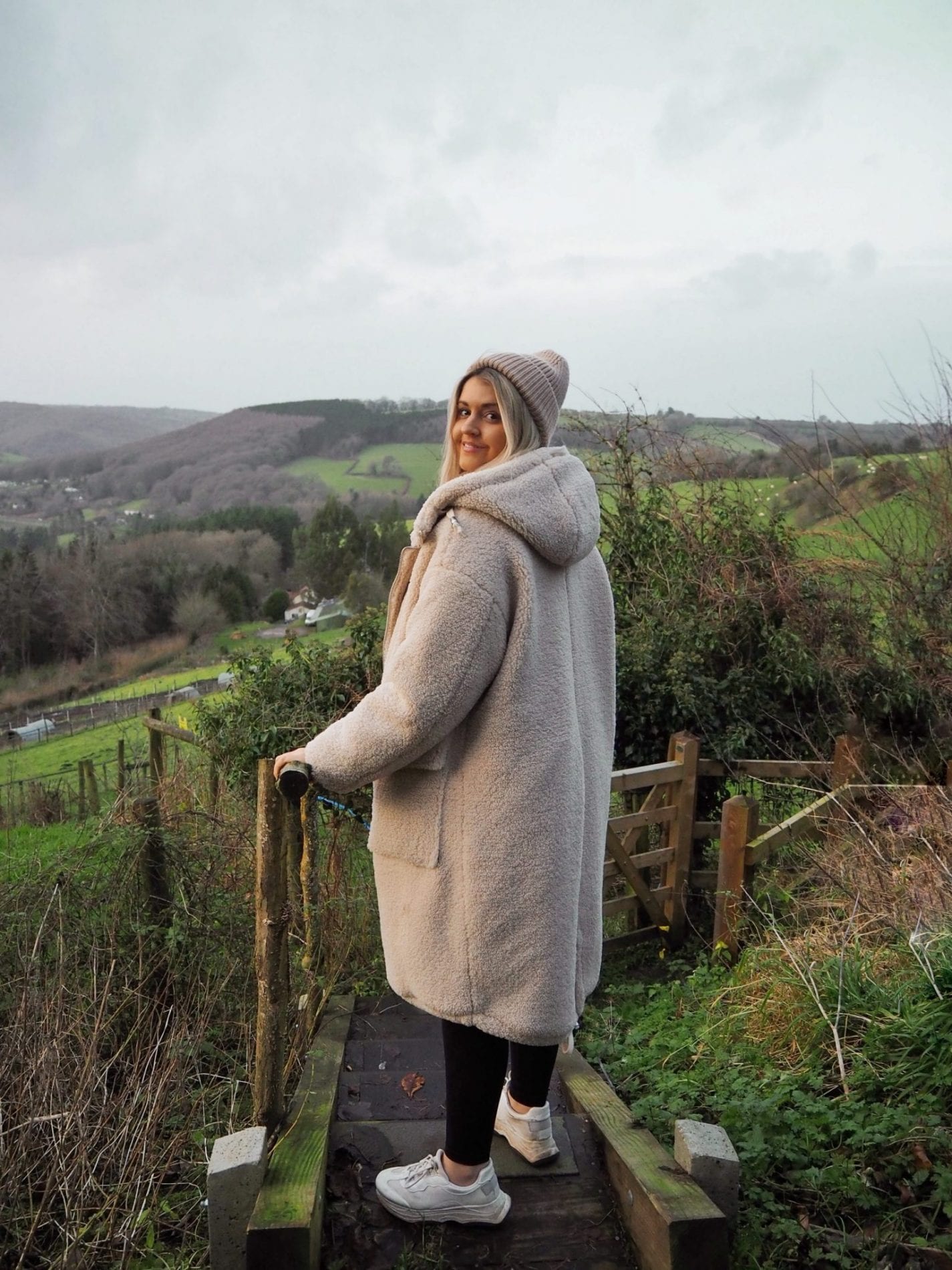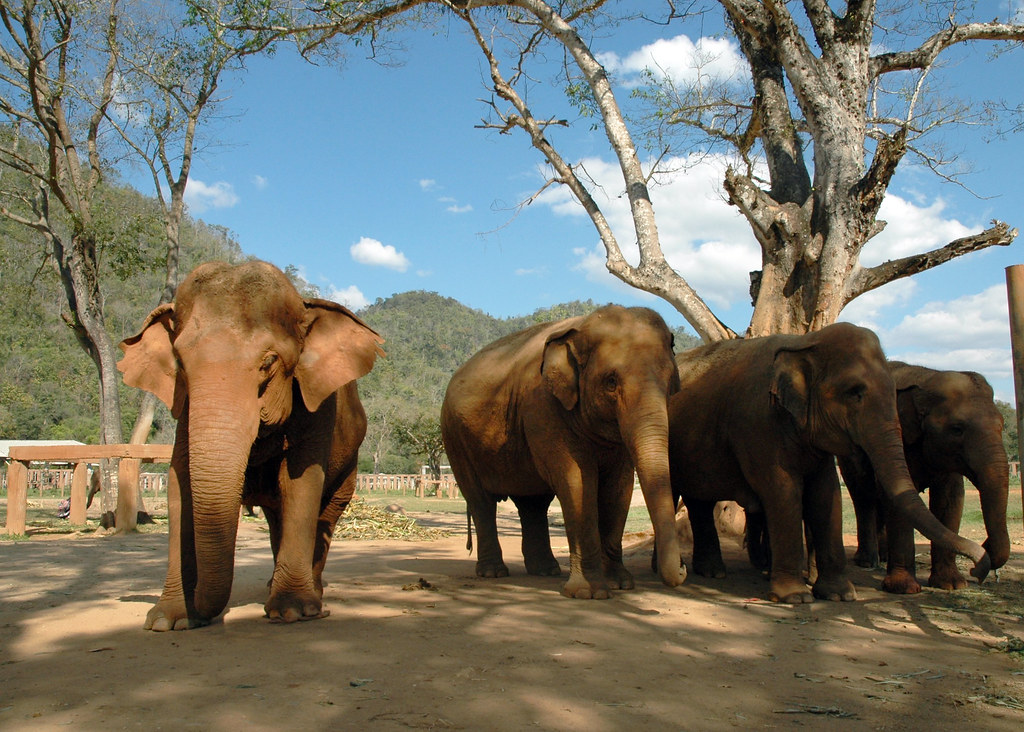
Top Tips For Travelling More Sustainably
A thought that has been crossing my mind more and more frequently over the past few months is the issue of travel. I love to travel. I need travel as much as I need oxygen. It inspires me, and it keeps me feeling alive. But what impact does my need to travel have on the environment? I try my best to live a sustainable lifestyle, but no one is perfect. I eat a 100% plant-based diets, I avoid single use plastics wherever possible, and I’ve cut down on buying new clothing a huge amount. So, can I fly with a clear-conscience? Not so much, but I’m trying to reduce my impact where possible to balance it out. Wondering how to travel more sustainably?
Personally, I’ve been trying to reduce my impact on the environment by exploring more of the UK, donating to off-set carbon emissions when flying and exploring the idea of train travel in 2020.
I’ve teamed up with fellow travel-bloggers to provide top tips and advice, if, like me, you’re trying to travel more sustainably…
How to Travel Sustainably Tip from The World is My Playground
One of the best ways to travel sustainably is to reduce the impact of your stay at hotels. Consider hanging a “No Disturb” sign on the door and letting housekeeping in for the duration of your stay, or at least for half your stay. Would you change your sheets and towels every day at home? Probably not. So, try to reuse your towels and bedsheets for as long as you can, or for the entire duration of your stay, especially if you’re only there for a few days. Furthermore, don’t use more towels than you need. They’re always extras around, but if you don’t need them, leave them be. This helps reduce the amount of laundry the hotel does and ultimately helps cut down on the chemicals, the vast amount of water and electricity used to wash and dry unnecessary towels or sheets. Some hotels have even launched green programs and offer guests incentives in the form of points or discounts to turn down housekeeping and reduce the number of towels they use while they’re staying at the property. In addition to having an impact on the environment, you might even save some money or get more points! Now that’s a win-win.

How to Travel Sustainably Tip from Globeblogging
There are a number of ways to adjust your daily beauty and hygiene routine to be more sustainable, bringing additional benefits for travel by reduced weight and space. However, there are varying degrees of appeal.
So here are my top 3 must have products to improve your sustainability when you travel.
2. Bamboo toothbrush: We all gotta brush our teeth. But what happens after that? Eventually 3-4 sticks of plastic per person will end up in landfill every year. Bamboo toothbrushes are compostable, on par with the price of plastic ones, and come in the same choices.
3. Menstrual Cups: This one is a pretty personal choice and I understand some women arent comfortable with it, neither was I until one day I decided to try and didnt look back. Disposable sanitary products all end up in landfill, in mindboggling numbers.
Check out other sustainable beauty ideas.
How to Travel Sustainably Tip from The Invisible Tourist
How to Travel Sustainably Tip from Worldly Adventurer
If you want to leave your mark when you travel, but in an entirely good way, re-evaluate how you explore new places. Booking through international companies or staying in international chains can see the syphoning off of some of the profits from the local people who provide the services. This stops your well-earned cash from making its way into the equally deserving pockets of the local people – the exact people whose lives and natural environments are the most affected by tourists.
Instead, consider focusing your trip around community-led tourism, a way of becoming a responsible traveller that doesn’t yet get much airplay. This type of tourism means everything from taking small-scale tours of a coffee farm, run by the local owners, or staying overnight in a homestay or small guesthouse, where you meet and even eat with your hosts. Small changes like this simplify the route that your money takes from your pocket to the local people – which, ideally, you want to be a direct transaction, so you can see exactly where it’s going.
It can be hard to find these types of experiences and many aren’t yet on the internet. Instead, you’ll need to ask other travellers whom you meet or speak to the tourism board, who should have a list of tour operators and homestay providers in their area.
How to Travel Sustainably Tip Lost With Purpose
Traveling sustainably might seem daunting, but there are a few simple things you can do to have a positive impact. Consider your eating habits, for instance: do you eat at small, local restaurants? Or do you tend to play it safe and stick to chain restaurants or touristy establishments? If you want to be a more responsible traveler, it’s important to eat local. Not only does it mean that more money will flow directly into the community you’re staying in, it encourages local culture, and local restaurants also often use local products, meaning more work for local farmers and other businesses.
Eating at chains and tourist restaurants might seem harmless, but they often import their ingredients, driving up prices for everyone. They also deprive small local businesses of customers, and often use their power to keep wages low instead of contributing to the local economy. So if you want to be a more sustainable traveler: always eat local.
How to Travel Sustainably Tip from Chalkie and the Chippy
It isn’t always the most obvious item when thinking about travelling sustainably, but your accommodation choice plays an important role in what you are supporting. As a sustainable traveller, it is important to be supporting the local economy of the places you visit. So, staying in locally run accommodation can be one of the best ways to support and “give-back” to the community you are visiting. Any Homestays or Bed and Breakfasts are generally a locally owned accommodation, and you can find plenty of these on AirBnB.
But, what about if you want to stay somewhere more luxurious for your holidays? It is often overlooked, but when staying in glamorous 5-Star Resorts or Chain-Hotels you are often supporting a business owner outside of the country. However, that isn’t to say that these hotels aren’t incorporating sustainable initiatives and fair-trade work. If a hotel or resort holds sustainability highly, then they should disclose this on their website. If they don’t, then they probably aren’t the sustainable accommodation you are looking for. A quick Google search of sustainable hotels in the area will help you weed out those with good morals from the rest. Some sustainable initiatives to look out for include refillable water stations, saltwater swimming pool, reusable toiletries in the bathrooms and vegan and vegetarian options in the restaurants.
How to Travel Sustainably Tip from A Social Nomad
There is too much single-use plastic in the world and too little potable water. That’s why I carry a reusable filter water bottle. Everywhere. Yes, even in my home country of the UK, where you can drink the tap water. (I just remove the filter and continue to use the bottle to carry water with me). In many developing countries, the first challenge to reduce single-useplastic is that there is no safe drinking water unless you buy bottled water (or use a filter water bottle). The second challenge that there is no sustainable recycling program. At all.
You can help. Avoid buying bottled water and stop contributing to the increasing problem of plastic in landfills and oceans. A great filter water bottle will remove Giardia and Cryptosporidium from untreated or contaminated water as well as other bugs which can cause nasty gastrointestinal diseases. If the only water source is a river or a stream, or even a muddy puddle, then a filter water bottle can clean that up for you too! And a filter water bottle will save money too! I save on average US$425 a year just on drinking water by using this!
How to Travel Sustainably Tip from Travel Hacker Girl
Bike touring is a great way to travel sustainably. There are some really great long-distance cycling routes all over the world, so you should be able to find one that is easy for you to get to. Eurovelo is a famous cycling route in Europe. The Viking Coastal Trail is a family-friendly bike route in the UK. The 600-mile off-road Munda Biddi Trail in Australia goes through beautiful scenery. Bike touring is a slow way to travel. It gives you the possibility to see not only the main attractions but also the countryside. You will see how the locals live. It is a great way to get to know a country. Bike touring is also cheap. You just need a bike, bags, panniers and camping equipment. In most countries you can take bikes on trains, which is a very environmentally friendly way to get to your start point. In the UK it is free to transfer bikes as well.

How to Travel Sustainably Tip from Full Time Explorer
One of the easiest ways to travel sustainably is to avoid animal tourism. A lot of people look for “Instagramable moments” when they travel, and sadly, things like animal tourism have been a go to for photo ops. One of the most popular forms of animal tourism is riding elephants. It’s so important for people to research animal tourism before participating. Just a quick Google search will show you how cruel this is to the animals. Elephants are actually tortured for weeks during the training process so that they submit to being ridden. Other animal tourism is similar. If you are taking photos with a full grown tiger, chances are it’s being drugged and sedated to ensure that it doesn’t act out. Always do your research and look for a sustainable way to interact with animals.
For instance, in Thailand there are a few wonderful elephant sanctuaries where elephants are rescued and roam free. At these sanctuaries, you get to walk with elephants through the jungle. In lieu of having a trainer beat them with a metal rod, you are given a bag of bananas and treats to encourage them to hang out with you. When the bananas run out, the elephants walk back into the jungle and do their own thing. At the end, you even get a chance to swim with elephants. It’s a more meaningful experience to connect with an elephant and show it love then to force it to submit for a photo opportunity.

How to Travel Sustainably Tip from Snippets of Paris
One of the nicest ways to travel is also one that is more ecological: taking the train. Airplanes emit 3 times more CO2 emissions than the train. And that doesn’t even take into account how much easier the train is. The train usually brings you right into the heart of the city, without hassle. There is no need for long trips to the airports in the outer suburbs, arriving 2 hours in advance, checking in your luggage, customs, etc. Instead, you arrive a little bit in advance, check what quay your train is arriving at, and board your carriage easily with your own luggage in hand. From where I live in Paris, I can be in London, Amsterdam, Brussels, etc in less than 4 hours by train. Compare that to the amount of time it would take me to get to the airport and fly to those places. In addition, the seats on trains are usually more comfortable, with more space, wifi and legroom. The luxury! And while that Ryanair flight might be technically cheaper, by the time you add all the costs that you get nickel-and-dimed for, you are probably no better. So next time you are tempted to fly somewhere, see if you can take a leisurely train journey instead!




Lucy
These are some amazing tips for travelling sustainably! So many different ideas and will definitely take on board when I travel next! x
Lucy | http://www.lucymary.co.uk